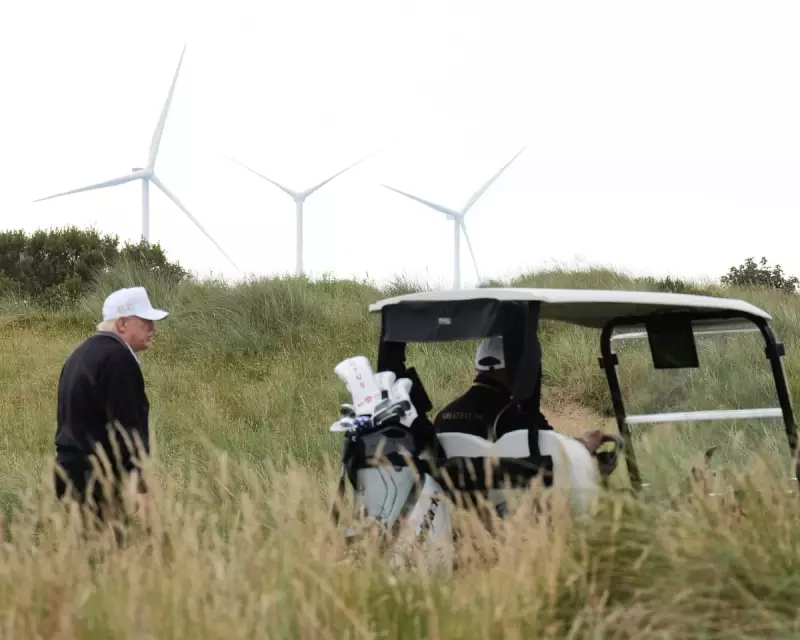
Recent attempts to liken Donald Trump’s approach to environmental protection to that of Theodore Roosevelt have been met with widespread derision from historians and conservationists. The comparison, often touted by Trump’s supporters, crumbles under scrutiny, experts argue.
The Conservation Legacy of Teddy Roosevelt
Theodore Roosevelt, the 26th US president, is celebrated as a pioneering conservationist. During his tenure (1901–1909), he established five national parks, 18 national monuments, and 150 national forests, safeguarding over 230 million acres of public land. His policies were driven by a deep commitment to preserving America’s natural heritage for future generations.
Trump’s Environmental Record: A Stark Contrast
In contrast, Donald Trump’s presidency saw significant rollbacks of environmental protections. His administration weakened the Endangered Species Act, opened protected lands to drilling and mining, and withdrew the US from the Paris Climate Agreement. Critics argue these actions prioritised corporate interests over ecological preservation.
Experts Weigh In
Dr. Emily Carter, a historian specialising in US environmental policy, called the comparison "laughably inaccurate." "Roosevelt’s legacy was built on expanding protections, while Trump’s record is defined by dismantling them," she said.
Similarly, Mark Phillips, a senior conservationist at the National Wildlife Federation, noted: "Equating Trump to Roosevelt is like comparing a bulldozer to a gardener—one destroys, the other nurtures."
Why the Comparison Persists
Despite the glaring differences, some Trump allies continue to push the narrative, framing his deregulatory agenda as "modern conservation." Analysts suggest this is a strategic rebranding effort to appeal to voters concerned about climate change.
However, environmental advocates remain unconvinced. "True conservation requires action, not empty rhetoric," said Lisa Green of the Sierra Club.





